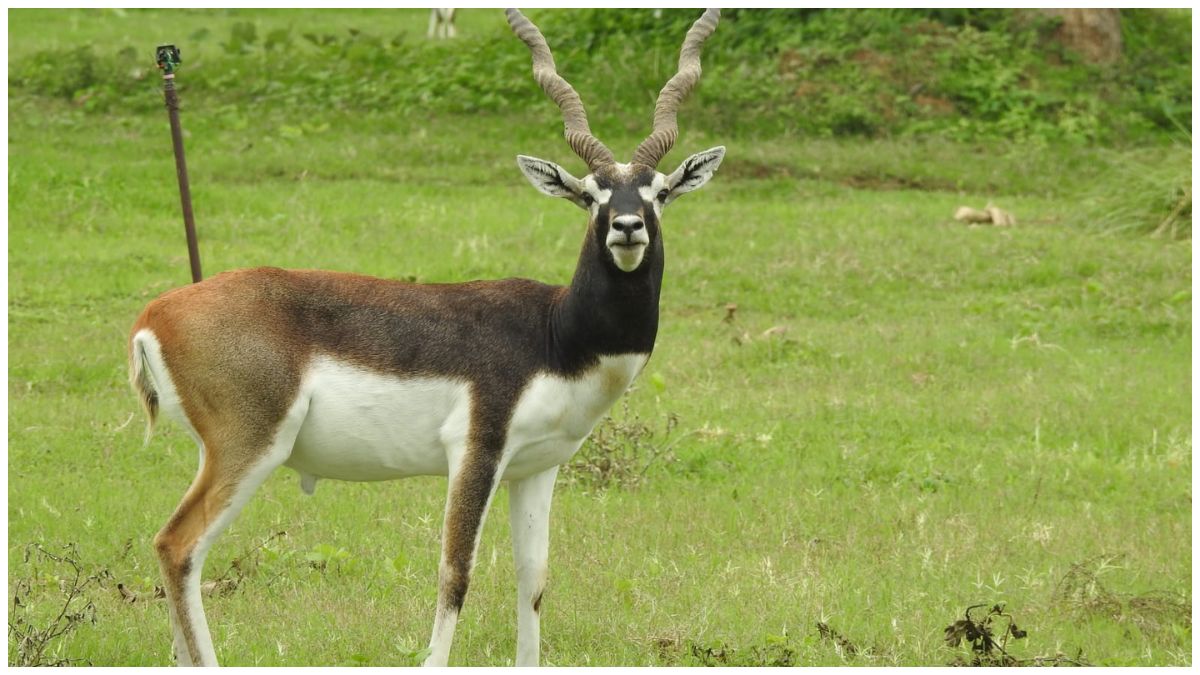Baranwapara Wildlife Sanctuary Reopens for Tourists with Upgraded Eco-Tourism Facilities
The Baranwapara Wildlife Sanctuary in Chhattisgarh has officially reopened for tourists after the monsoon season, welcoming nature lovers with enhanced eco-tourism infrastructure and improved visitor facilities. Known for its dense forests, diverse flora and fauna, and tranquil atmosphere, Baranwapara remains one of Central India’s most picturesque wildlife destinations.

Eco-Tourism and Accommodation
To offer visitors an immersive experience, the Forest Department has developed several eco-tourism resorts and rest houses deep within the forest. The rest houses at Pakreed and Barbaspur are situated in scenic locations where guests can wake up to the natural sounds of the jungle — a rare and serene experience.
Additionally, several nearby villages now operate community-run homestays, where tourists can enjoy Chhattisgarhi cuisine, local traditions, and rural hospitality. This initiative not only promotes sustainable tourism but also empowers local residents.

Local Employment and Community Involvement
Tourism at Baranwapara has become a significant source of income for surrounding villages. Many local youth are now employed as safari guides, vehicle drivers, cooks, and forest rest house staff. Through Eco-Development Committees (EDCs), villagers have been assigned greater responsibility for forest maintenance, road repair, and wildlife protection.
According to Ganveer Dhammashil, IFS, Divisional Forest Officer (DFO), Balodabazar, “Baranwapara is not just a travel destination—it is an opportunity to connect with nature and nurture conservation awareness. Our department has prioritized both safety and sustainability this year, ensuring that tourism activities coexist harmoniously with wildlife preservation.”
Special arrangements have been introduced for visitors, including trained guides for leopard safaris and GPS tracking systems in all safari vehicles to ensure quick emergency response. The department has also installed new waterholes and solar fencing to maintain safe wildlife corridors.
Visitor Guidelines and Conservation Efforts
To preserve the sanctuary’s delicate ecosystem, strict rules have been implemented for all visitors:
- Safari timings are restricted to 6:00 AM – 10:00 AM and 3:00 PM – 6:00 PM.
- Littering, use of plastic, or loud noises are strictly prohibited.
- Tourists must not approach animals closely, use flash photography, or leave safari vehicles.
- Consumption of alcohol, smoking, or carrying music systems within the sanctuary is banned.
The Forest Department has emphasized that responsible tourism is key to maintaining the sanctuary’s natural balance. Visitors are urged to follow all prescribed rules and respect wildlife habitats.
Environmental Education and Awareness
Baranwapara also serves as a hub for environmental education. Each year, nature camps are organized for school and college students to promote awareness about forest ecology, wildlife behavior, and water conservation. These programs aim to build a sense of responsibility among the younger generation toward environmental protection.
A Model for Sustainable Tourism
The reopening of Baranwapara Wildlife Sanctuary symbolizes Chhattisgarh’s growing commitment to eco-tourism and community-based conservation. With upgraded facilities, improved safety measures, and deeper community involvement, Baranwapara is poised to become a model for sustainable wildlife tourism in India






